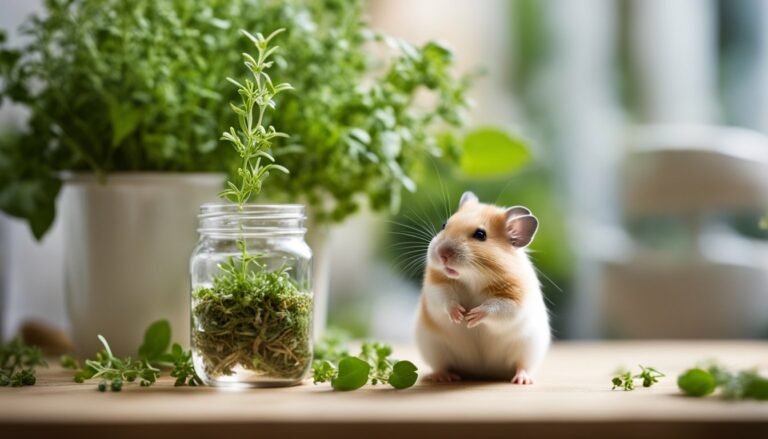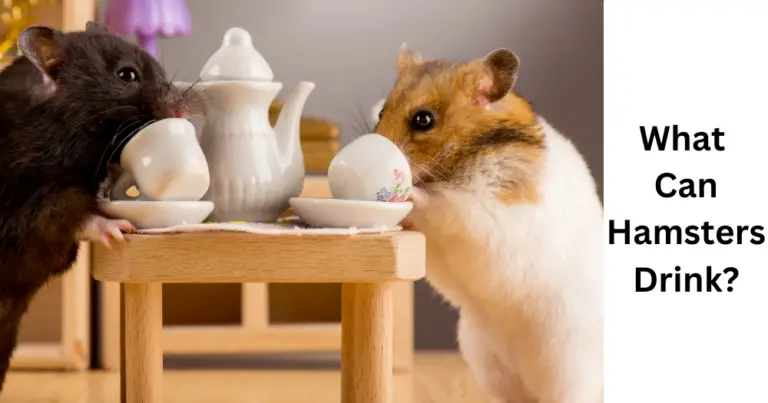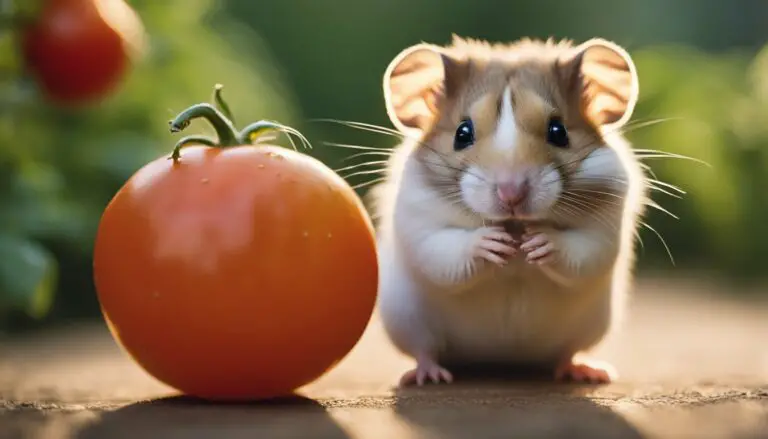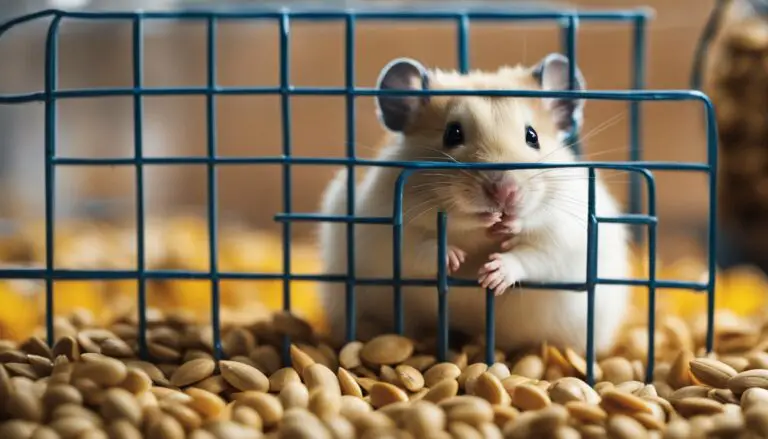Can Hamsters Eat Walnuts?
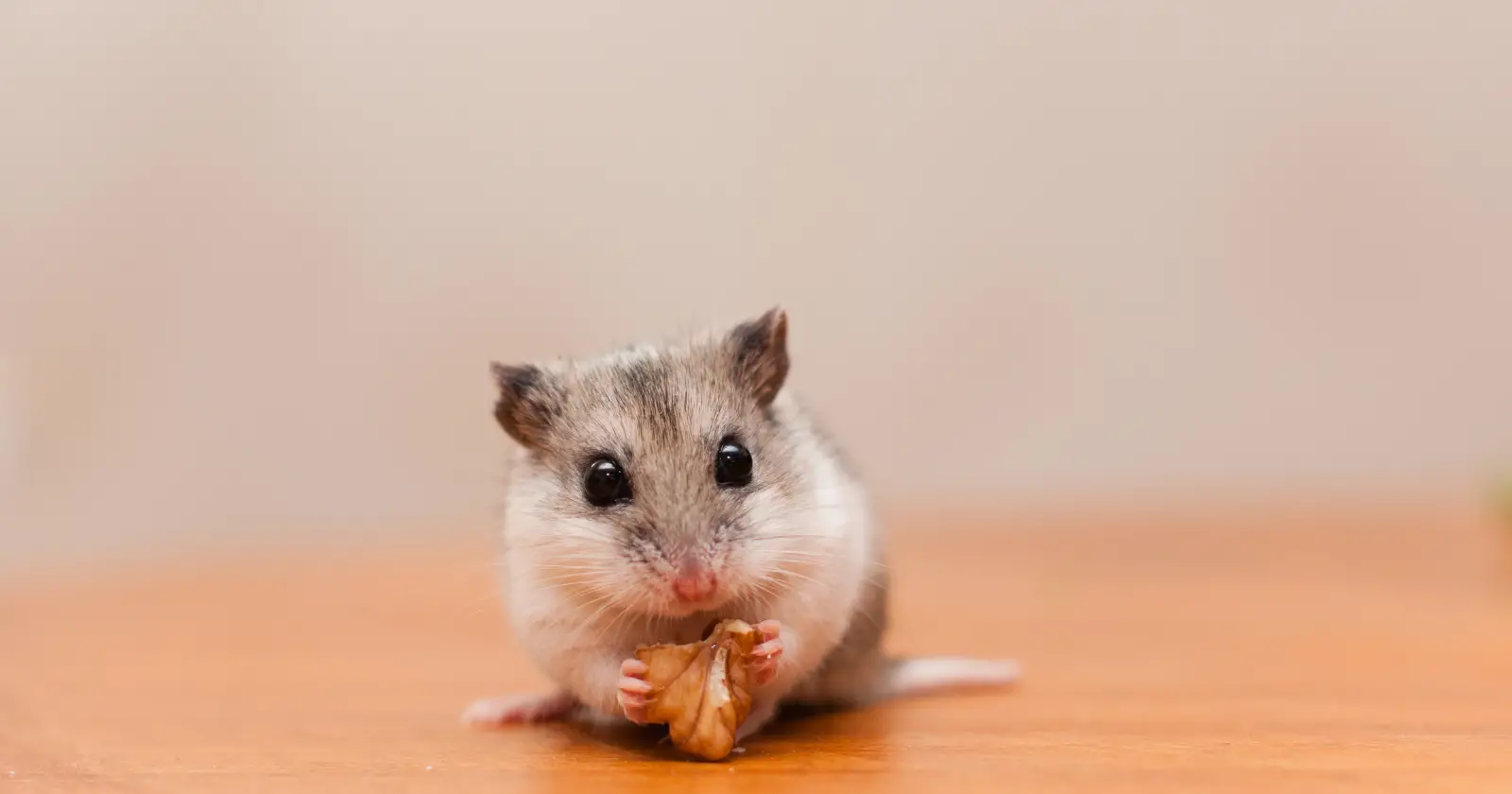
Are you a hamster owner wondering, Can Hamsters Eat Walnuts? You’re not alone – many people who care for these small pets want to know if they can provide a more diverse diet without causing any harm. Well, you’re in luck as this article will provide you with all the necessary information about feeding walnuts to your hamster.
The good news is, yes, hamsters can indeed eat walnuts! They are a nutritional powerhouse that offers several health benefits to your pet. Rich in potassium, vitamin E, B vitamins, and healthy fats, walnuts can make an excellent addition to your hamster’s diet. However, it’s essential to keep in mind that moderation is the key.
By offering your hamster one or two unseasoned, unsalted walnuts per week, you can provide a healthy and enjoyable snack for them without any adverse effects. Keep reading to learn more about the best way to introduce walnuts into your hamster’s diet and the potential benefits they can offer.
Contents
Table of Contents
Overview of the Walnuts
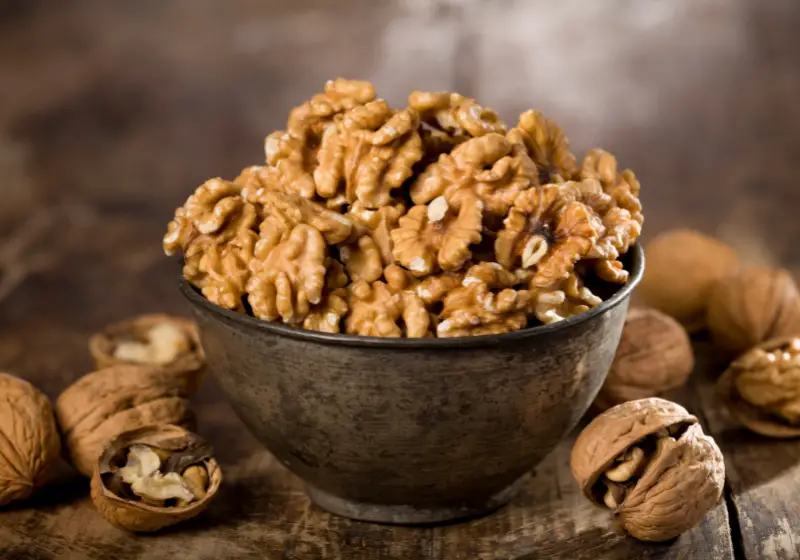
Description of the Walnuts
Walnuts are a type of nut that comes from the Juglans genus of trees. They have a hard shell and a wrinkled, brain-like appearance on the inside. The taste is mildly sweet and nutty, making them a popular choice for both snacks and culinary dishes. For your hamster, walnuts can offer more than just a tasty experience—they also provide some essential nutrients and potential health benefits.
Nutritional Content and Potential Benefits for Hamsters
Walnuts are powerhouses of nutrition. They contain a variety of nutrients like fiber, protein, and healthy fats. Here are some of the vital nutrients found in walnuts and their potential benefits for your hamster:
- Fiber: Important for your hamster’s digestive health, helps prevent constipation.
- Protein: An essential building block for your hamster’s body, supporting muscle growth and maintenance.
- Healthy Fats: Contributes to your hamster’s energy needs and helps maintain healthy skin and fur.
Walnuts are also a great source of important vitamins and minerals that your hamster needs:
| Vitamin/Mineral | Benefit |
|---|---|
| Potassium | Helps maintain healthy blood pressure |
| Magnesium | Contributes to bone health and nerve function |
| Vitamin A | Supports vision, skin health, and immune system |
| Vitamin E | Acts as an antioxidant, protecting your hamster’s cells from oxidative damage |
Although walnuts contain calories, the amount your hamster consumes should be moderate and within the limits of their daily caloric needs. The natural nutrients found in walnuts can serve as an occasional treat and a supplementary source of nutrition in addition to their regular diet. Just make sure that the walnuts you provide are free of any added salt, sweeteners, or extra ingredients.
Can Hamsters Eat Walnuts?
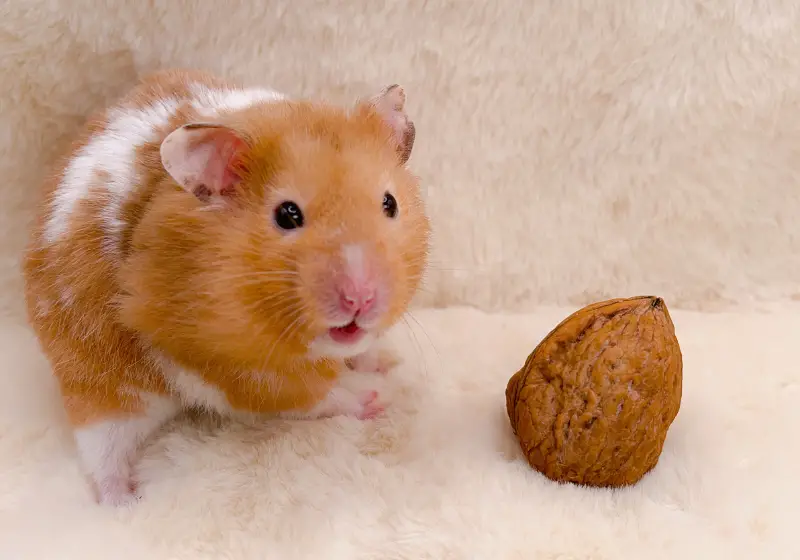
Detailed Analysis of Whether the Food Is Safe for Hamsters
Yes, your hamster can eat walnuts, but there are some factors to consider. It’s important to remove the walnut shell before giving it to your furry friend, as the shell can be difficult for hamsters to digest and may cause choking or other health issues. As with most foods, moderation is key, and overfeeding your hamster with high-fat content foods can lead to obesity and other health problems.
Discussing Potential Health Benefits or Risks
Walnuts have various health benefits for your hamster. They are a great source of healthy fats, B vitamins, potassium, and vitamin E. However, feeding your hamster too many walnuts can result in an unhealthy fat intake, potentially causing weight gain, high blood pressure, or even diabetes.
Moreover, it is essential to avoid giving your hamster salted walnuts. Excessive salt intake can cause health issues such as malnutrition and diarrhea.
Should Walnuts Be a Regular Part of the Diet or an Occasional Treat?
While walnuts are safe and provide essential nutrients for your little buddy, they should be considered an occasional treat rather than a staple in their diet. Feeding them walnuts too frequently may increase the risks of obesity and other health issues. So, remember to give them walnuts in moderation, and always consult your vet if you have concerns about your hamster’s diet.
Serving Suggestions

To ensure your hamster enjoys a safe and healthy snack, it’s essential to properly prepare walnuts before feeding them. Start by choosing unsalted, unseasoned, and shelled walnuts. Remember that the shell can be difficult for hamsters to digest and may cause choking or other health issues1.
Next, either break the walnut into smaller, bite-sized pieces, or you can leave it whole if you don’t mind your hamster cracking it open to get to the tasty treat2. Remember to serve the walnuts on a clean plate or in your hamster’s food dish.
Recommended Portion Sizes
Walnuts are loaded with nutrients, but they’re also high in fat. It’s important to practice portion control when feeding walnuts to your hamster3. Here are some guidelines to follow:
- Dwarf hamsters: Half of a walnut piece per serving
- Syrian hamsters: One walnut piece per serving
By keeping portion sizes small, you can provide your hamster with a healthy snack without risking overfeeding.
Frequency of Feeding Walnuts
It’s best to feed walnuts as an occasional treat, rather than a staple part of your hamster’s diet. Aim to offer your pet walnuts once or twice a week4. This way, you can ensure that your furry friend receives the benefits of walnuts, like potassium, B vitamins, and healthy fats1, without consuming too much fat.
In addition, remember that your hamster should primarily be eating a diet of high-quality hamster pellets or food mix. Occasional treats like walnuts can provide some variety and nutrients, but they shouldn’t become the main component of your hamster’s diet.
Conclusion: Can Hamsters Eat Walnuts
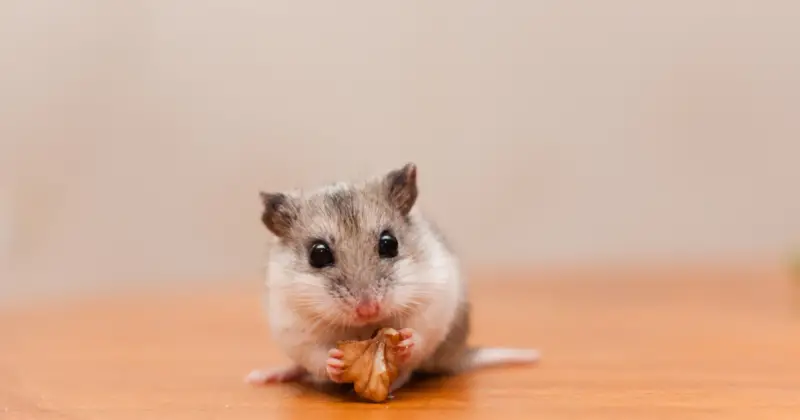
So, can your hamster enjoy some tasty walnuts? Absolutely! As discovered, walnuts can be a safe and nutritious snack for your furry friend. However, it’s essential to remember that moderation is key. Offering one to two walnuts per week should be sufficient.
When it comes to your hamster’s diet, remember that the primary focus should be on their regular hamster-specific foods. Walnuts, like other treats, should be considered a supplementary snack, providing them with some additional health benefits. What makes walnuts so appealing? They’re jam-packed with healthy fats, which may beneficially impact cardiovascular health in hamsters.
Of course, it’s important to be aware of the potential risks, as well. For instance, high selenium content in almonds can be harmful to your hamster if not given in moderation. Always choose unsalted, unseasoned walnuts to ensure they’re safe for your little companion.
To sum it up, incorporating walnuts into your hamster’s diet can offer benefits, as long as you do it in moderation. This simple addition can not only boost your hamster’s nutrition but also provide an enjoyable snack for your fuzzy friend. So go ahead, share a walnut with your hamster; just remember to keep a watchful eye on their overall health and wellbeing.
Frequently Asked Questions
Can hamsters eat almonds?
While almonds might seem like a tempting treat for your hamster, it’s best to avoid feeding them. Almonds contain cyanide, which is toxic to hamsters. Even small amounts can be harmful, so it is better to choose another type of nut or treat for your furry friend.
What about hazelnuts for hamsters?
Hazelnuts can be a nutritious treat for your hamster when offered in moderation. They are high in healthy fats, vitamins, and minerals that can benefit your hamster’s health. Just remember to keep portion sizes small and remove any shells before offering them to your hamster.
Are pecans safe for hamsters?
Yes, pecans can be a safe and nutritious treat for your hamster. They are rich in healthy fats, vitamins, and minerals. Just like with other nuts, make sure to limit the amount you offer and avoid any salted or flavored varieties.
Is it okay if hamsters consume Brazil nuts?
While Brazil nuts aren’t toxic to hamsters, it’s essential to be cautious when offering them. These nuts are high in fat, which can contribute to health problems like obesity if consumed in large quantities. As a result, it’s best to keep Brazil nut servings small and infrequent to maintain your hamster’s dietary balance.
Can hamsters eat macadamia nuts?
Macadamia nuts are not recommended for hamsters. They are high in fat and can be difficult for your hamster to digest, possibly leading to gastrointestinal issues. There are many alternative nuts and treats you can offer your hamster instead, such as hazelnuts or walnuts.
Should hamsters have chestnuts?
Chestnuts can be a safe treat for your hamster in small amounts. They are lower in fat compared to other nuts, which makes them a healthier option. However, be sure to remove the outer shell and offer only small pieces to avoid potential choking hazards.


